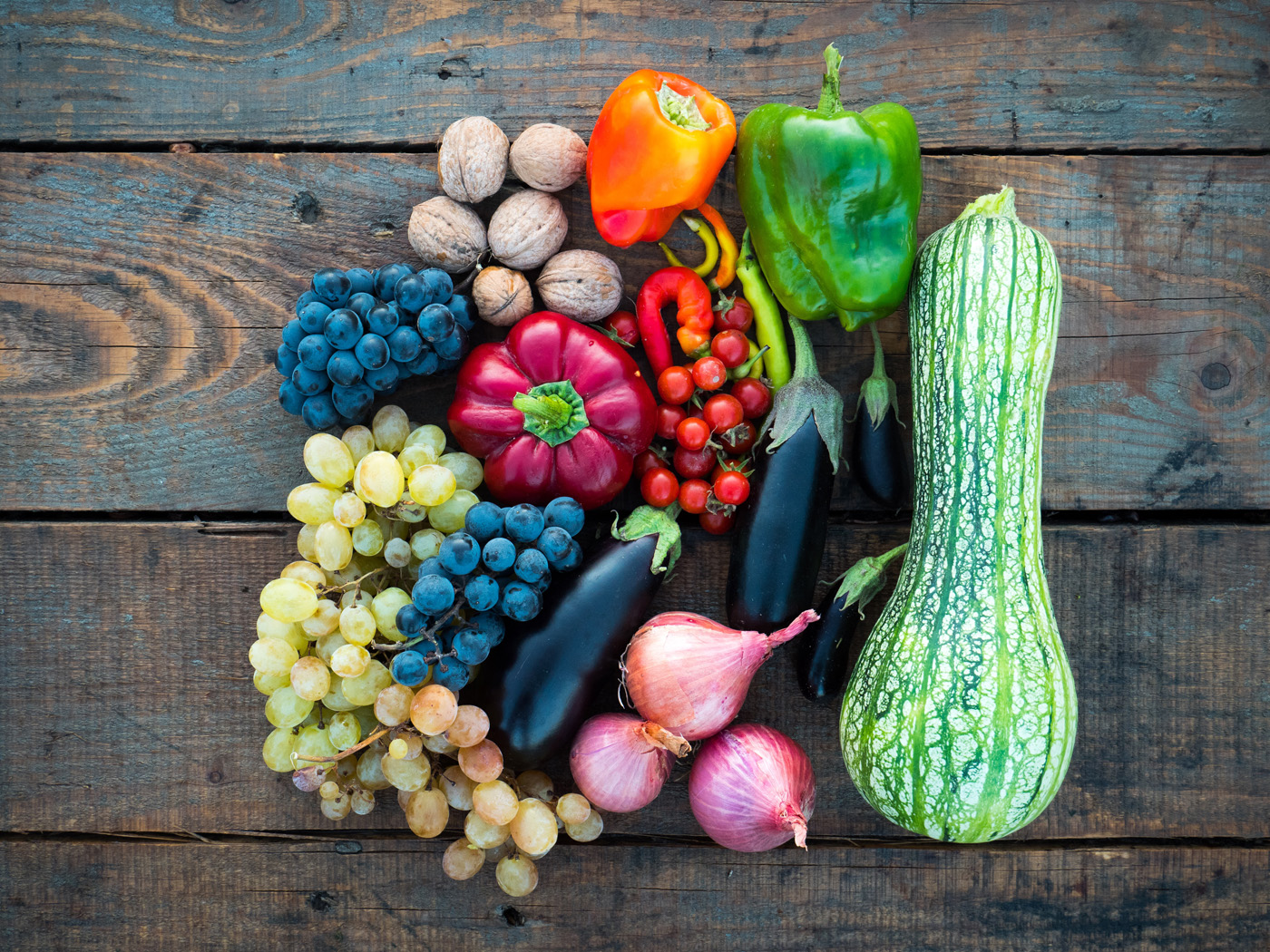If you struggle with depression, anxiety, brain fog or your mind just isn’t up to speed, addressing the state of your gut microbiome is an important aspect of healing. Known as the gut-brain axis, scientists have long ago proven that the gut has an extraordinary effect on our moods, clarity of thought, and overall brain health. When the bacteria in the gut that make up the microbiome are imbalanced with too few “good” microbes and an abundance of the “bad”, it can lead to a range of mental health issues and poor cognitive function. On the flip side, when we encourage a healthy microbiome through dietary and lifestyle choices, our minds are clear, healthy, and free of distress. Below we will have a look at the science behind a thriving microbiome, how to cultivate it, and other helpful tips.
The Gut, Brain Health, and Behavior
If your microbiome is imbalanced with certain types of bacteria, you have a gut infection or you are dealing with a gut inflammatory disease, research has shown there is a propensity to experience depression, anxiety and/or negative thinking. There is also an uptick in social anxiety.
Cognitive function is also impacted. This study shows a strong correlation between the health of the microbiota and cognitive development in infants. The same holds true for cognitive functioning in adults. Research involving animal models clearly shows that a healthy microbiota with plenty of good bacteria can significantly improve cognitive health.
What’s more, good gut bacteria play an important role in producing a range of vitamins, including:
- Vitamin B12
- Folate
- Vitamin K
- Riboflavin
- Biotin
- Vitamin B3
- Pantothenic acid
- Pyridoxine
- Thiamine
As you can see most of these are B-vitamins, a class of nutrients that have a far-reaching impact on energy levels and mood. If you become deficient in any of these vitamins, depression, anxiety, fatigue, and other mental health issues can follow.
Not only do these microbes produce vitamins, but they also manufacture short-chain fatty acids (SCFAs) such as butyrate, propionate, and acetate. Why is this important?
Current research has found that SCFAs are involved in the production of GABA and serotonin in the gut. When these feel-good neurotransmitters are in low supply, it can lead to mental health disorders such as anxiety, depression, and hypersensitivity reactions. According to a January 2022 study published in the journal, Metabolites:
“SCFAs are shown to be a central mechanism of gut-brain communication. SCFAs may interact with the enteroendocrine cells and promote indirect signaling to the brain by the systemic circulation or vagal pathways, inducing the production of several hormones and neurotransmitters like GABA and serotonin in the gut.”
Moreover, butyrate helps to calm inflammation and reduces the risk of cancer. It’s important to note that neuroinflammation is strongly linked with depression. Acetate is known to boost Treg cells, a type of regulatory cell that curbs excessive immune responses. This finding is significant for those with autoimmunity as these conditions often go hand-in-hand with depression, anxiety, and brain fog. Multiple sclerosis, type 1 diabetes, Hashimoto’s, rheumatoid arthritis, and Graves disease are all linked with low treg cell activity.1,2
Interestingly, boosting oxytocin helps to increase treg cells. You can read more about how to encourage the production of this important compound in my post, “5 Simple Methods for Boosting Oxytocin, the Happiness Hormone.”
At this point, you may be wondering about how to increase the production of SCFAs in the gut. The bottom line: eat more fiber and less meat. Overall, a healthy microbiome thrives on a diet rich in resistant starches, prebiotics, probiotics, and insoluble fiber. Lowering your refined sugar intake is helpful as well.

Microbiome Health Through Food Choices
Not sure what to eat to support a thriving microbiome? Here are a few suggestions to get you started:
Resistant starch is found in foods like green bananas, cooked then cooled potatoes, and raw oats. Jerusalem artichoke, flaxseed, bananas, and dandelion greens are excellent sources of prebiotics. Focus on fermented foods such as kimchi, sauerkraut, and tempeh for a boost of probiotics. And beans, whole grains, and nuts provide insoluble fiber. Need more ideas for how to improve your microbiome? See this post.
Additionally, my Balanced/Leaky Gut Tincture is a convenient way to encourage a healthy microbiome and heal the gut. It contains reishi, lion’s mane, and turkey tail medicinal mushrooms to feed “good” bacteria, reduce inflammation, and provide important prebiotics. Plantain is anti-inflammatory and helps to heal a leaky gut, while slippery elm and marshmallow form a protective layer that allows the gut to regenerate.

Support a Robust Microbiome with Wild Foods
Deepen your knowledge about Jerusalem artichoke and other wild edibles that encourage a healthy gut in “The Foragers Guide to Wild Foods, Edible Plants, Lichens, Mushrooms, and Seaweeds”. My wild food guide covers a wide-range of plants across North America. Each entry has an introduction, a range map, edible uses, common medicinal uses, poisonous look-alikes, a description of the flowers and leaves for ID, excellent color photos, harvesting instructions, and a simple recipe. We went through great lengths to print this book in color with HUGE pictures for each plant to make it easy to identify.
Learn about “Nature’s Prozac” that instantly relieves anxiety. Then there is the wild mushroom that helps to tackle depression and improves cognitive function. You’ll also discover a common backyard weed that is one of the best super greens you can eat for detoxification and gut health. This is only a small sample of the 400 wild plants found inside my foraging book.
To purchase, tap here and scroll to the bottom of the page, then select “Physical & Digital Product” — the middle button — to get your copy today!
Nicole Apelian




